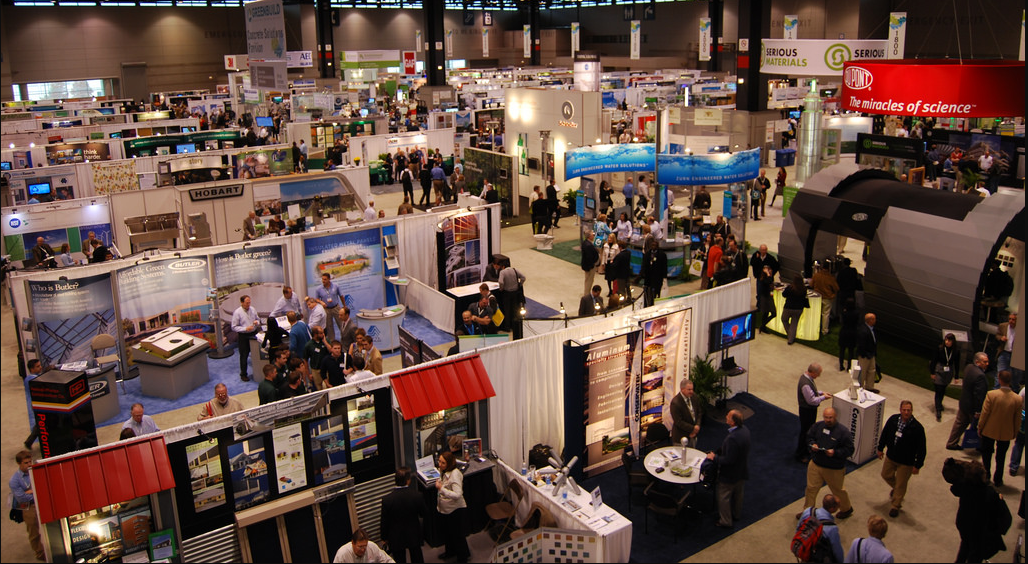Automation is making businesses easier to run, by outsourcing arduous and repetitive tasks. Most aspects of event management require intensive manual efforts, and it’s about time they switch over to the effort-reducing and time saving benefits of automation. Once manual labor is out of the picture, people can focus on the big picture and take more strategic decisions.
The pervasiveness of automation opens up this exciting possibility – How much of the event process can be automated? Right now in the market, there are tools that automate multiple aspects of event planning, management and marketing. But first:
How does automation help trade shows and events?
Automation can bring in increased revenues from events, as a result of better process efficiency and better engagement with customers and prospects. Automation also makes it easy to scale these benefits based on a company’s needs at an event, with only a marginal increase in cost.
Where does automation fit into the event strategy?
There are two sides to automation at events. One is marketing automation, that addresses the automation of marketing processes centered around events. The other is the automation of tasks that simplifies event management.
Both these tools work in tandem to make event management easier. Let’s explore the aspects where they can come in handy.

Event Marketing Automation
Marketing an event is all about scale, and pulling those large numbers in. An automation tool would take the load off from event marketers by doing all the manual grunt work. Automation is incorporated to meet marketing objectives, such as lead generation, or increasing footfalls at trade shows. Here are event marketing activities that are getting automated, classified by the event stage:
Pre-event
- Scheduling email-blasts to attendees at different points in time before the event.
- Posting event information on different social media channels at regular intervals
During the Event
- Collecting lead information from different channels and uploading to the lead database automatically.
- Setting up canned responses to engagements on social and other channels.
Post-event
- Formulating lead nurturing campaigns for leads collected at events.
- Engaging with warm leads with relevant communication across channels
Event Management Automation
Most advancements in automation at events seems to be directed towards marketing. Most points described below are speculative, but are very much in the pipeline for leading event tech companies to build.
Attendee Registration
Attendee registration takes up a disproportionate amount of resources and time for the value that it delivers to the event. Self-service registration kiosks lessens the manpower requirement, and has the potential to decrease the time spent at the registration booth for attendees.
Attendee Communication
Regardless of how tightly events are organized, there are bound to be last minute changes that need to be communicated to attendees on priority. Ideally, an automation system would maintain a database of attendee contact information, and send automated communication missives to relevant attendees.
Meeting Reminders
Meetings are the ROI centers of events (as we’ve discussed before), and they need special attention to ensure success. Meetings reminders are a very effective cure for the blight of no-shows that threaten sales meetings. A good meeting management software can send automated reminders to all attendees, and reduce no-shows.
From what we’ve discussed above, it is clear that marketing automation for events is thriving, but there seems to be a dearth of options for automated event management solutions. The steady march of automation will definitely catch up to it someday, but the timeframe still remains to be seen.



